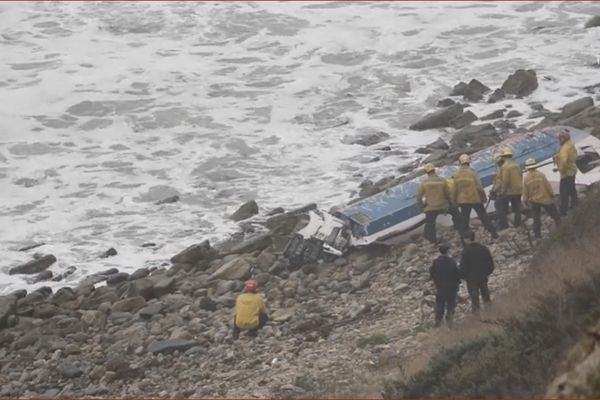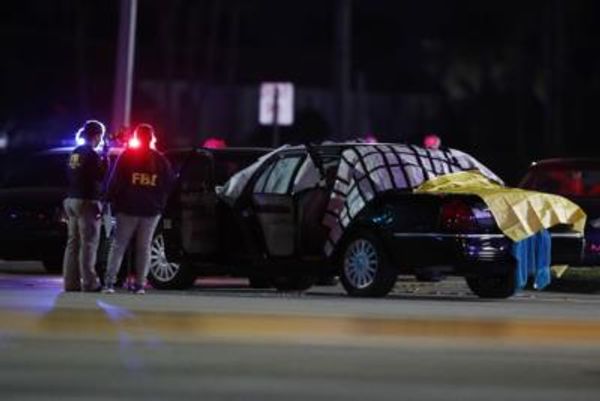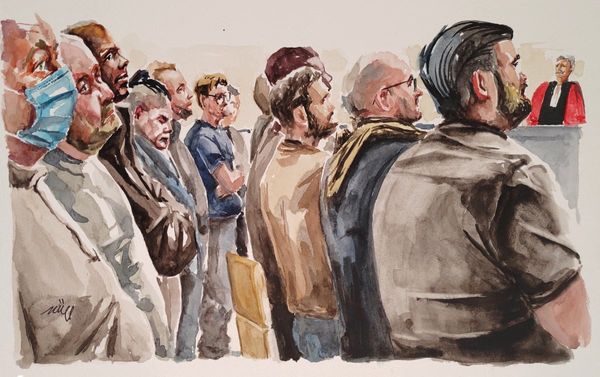
The Chao Phraya River is one of Bangkok’s great attractions. Board one of the vessels that ply the river and much of the capital’s recent history is laid out before you – the Temple of Dawn (renovated by King Taksin when the capital was on the western, Thonburi, side of the river, the shabby fringes of Chinatown, the walls of the Grand Palace and the old East Asiatic Company headquarters, and Portuguese-built churches.
Surprisingly, given the great variety of vessels on the waterway, passenger transport on the river is largely operated by one company – the Supatra Group.
Even more surprisingly, this century-old river business has been run by three generations of women, an anomaly in Thailand’s male-dominated business world.
These women’s story will be celebrated on August 25 with the publication of a book, Women of the River – The Supatra Story Through the Century.
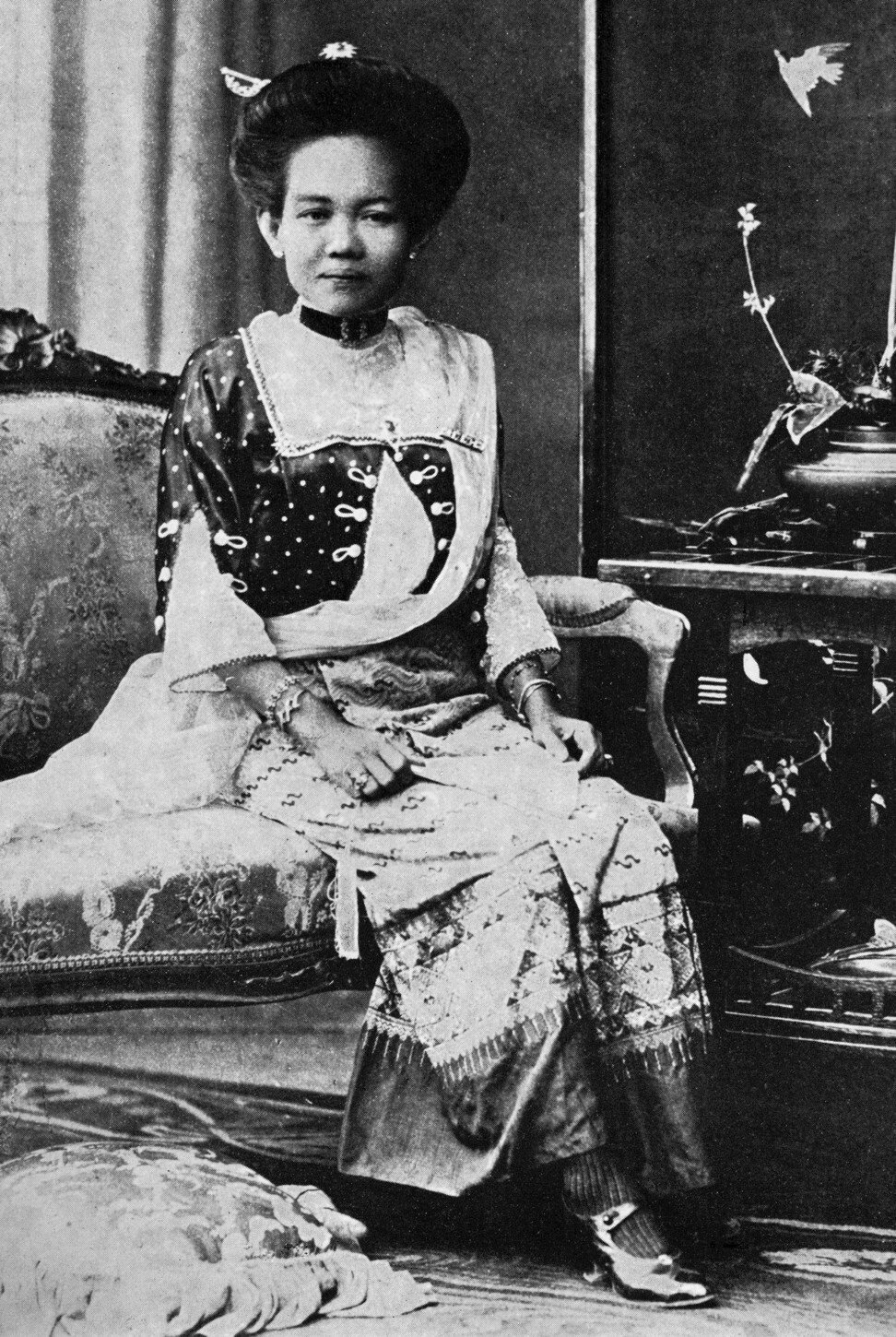
The publication date marks the birthday of the late Khunying Supatra Singholaka, who died aged 83 in 1993 after transforming the family business from a humble ferry service into a viable mass transit service for Bangkok residents.
The founder of the river business was Khunying Boonpan, a lady-in-waiting at the royal court in Chiang Mai, northern Thailand, who married Thai nobleman Sanga Singholaka, a high-ranking civil servant in Bangkok.
Boonpan and Sanga lived on the Thonburi side of the Chao Phraya River in a floating house. After bearing five children, the entrepreneurial Boonpan invested in two small sampans in 1920 to operate a ferry service for people commuting from the west side of the river to the Rattanakosin district on the eastern side, site of many government buildings and the royal palace.
Supapan Pichaironarongsongkram, 75, Supatra’s daughter and the third-generation female boss of the family business, concedes that no one knows why Boonpan went into the ferry business, an unusual trade for a titled lady. “I don’t know, but it was good thinking,” Supapan told the Post.
At the age of 12, Supatra was presented to the Royal Court of Rama VI as a lady-in-waiting. She stayed in the palace until 1925, when she decided to leave and help her mother with the expanding ferry business, which she took over in 1932.
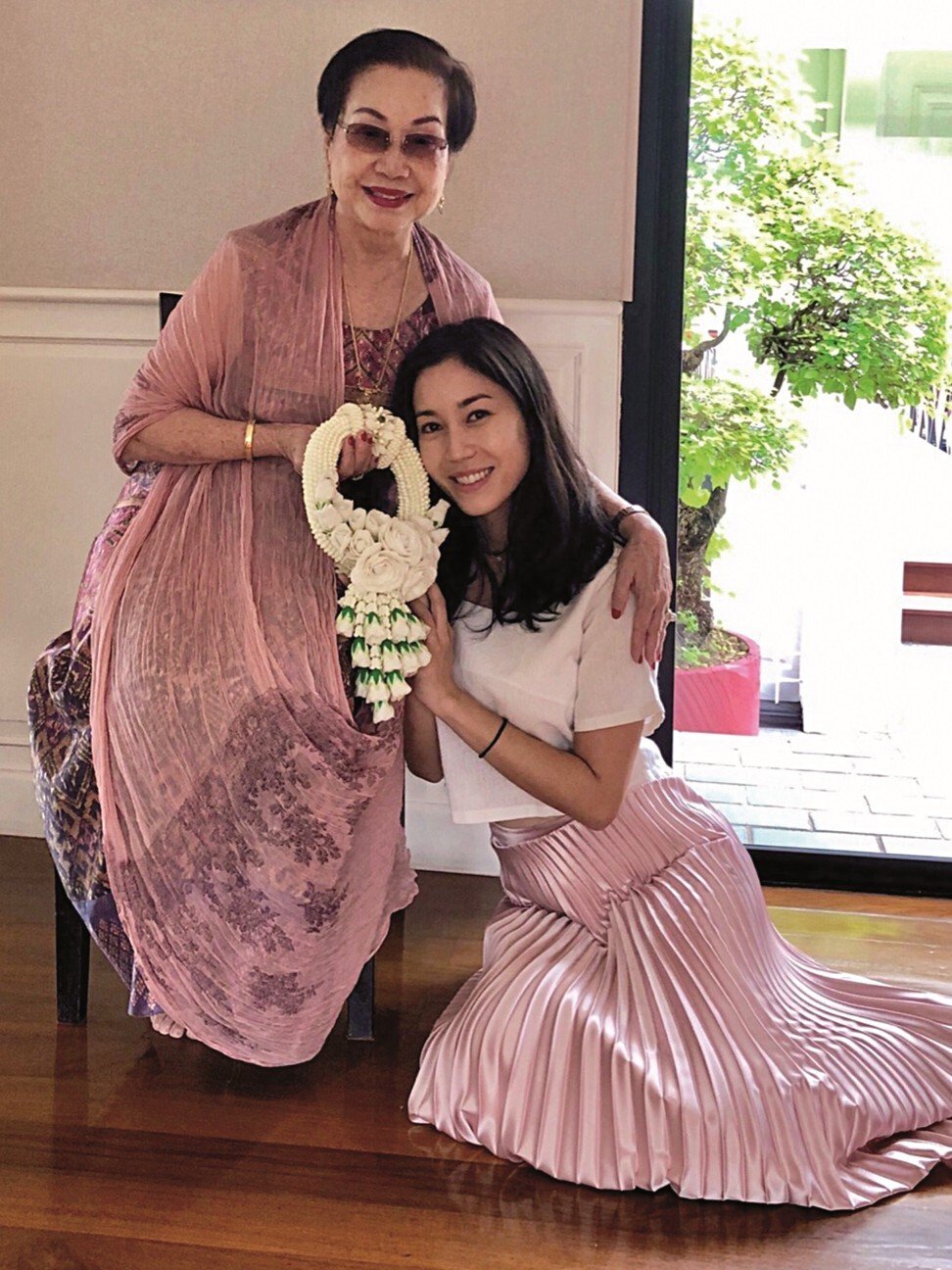
“I think my mother needed money to go to university and she did not want to get married,” Supapan said of Supatra’s business bent. “She had an independent mind. We all must admit that this kind of work is a low-class kind of job.”
Supatra entered Thammasat University and in 1939 was among the first Thai women to graduate with a BA in law. The turning point for the family business came in 1971, when Supatra agreed to buy 23 boats from the Express Transport Organisation of Thailand, a state enterprise that had sought to offer a mass transit service on the Chao Phraya but eventually failed financially.
This purchase gave birth to the Chao Phraya Express Boat Company that has been the leading river transport service for the past 49 years. The service ran into stiff competition in the mid-1980s from rivals (including a powerful politician), but survived, as is well documented in Women of the River.

Today, Supatra Group operates a fleet of 96 vessels, including 61 express boats. The rest serve tourists, and include shuttle boats for the numerous five-star hotels that now dominate the riverbanks and for shopping and entertainment complexes such as the IconSiam and Asiatique.
In 2012 Supatra Group launched the Chao Phraya Tourist Boat Company, which operates large catamarans that serve the main tourist spots and have an abundance of seats on the upper decks.
Women of the River is a well-written, bilingual history of the Supatra Group, and includes a selection of old photos and maps. It was compiled by Steve Van Beek, an author whose book Slithering South, an account of his 58-day paddle down the Chao Phraya, was published in 2002.
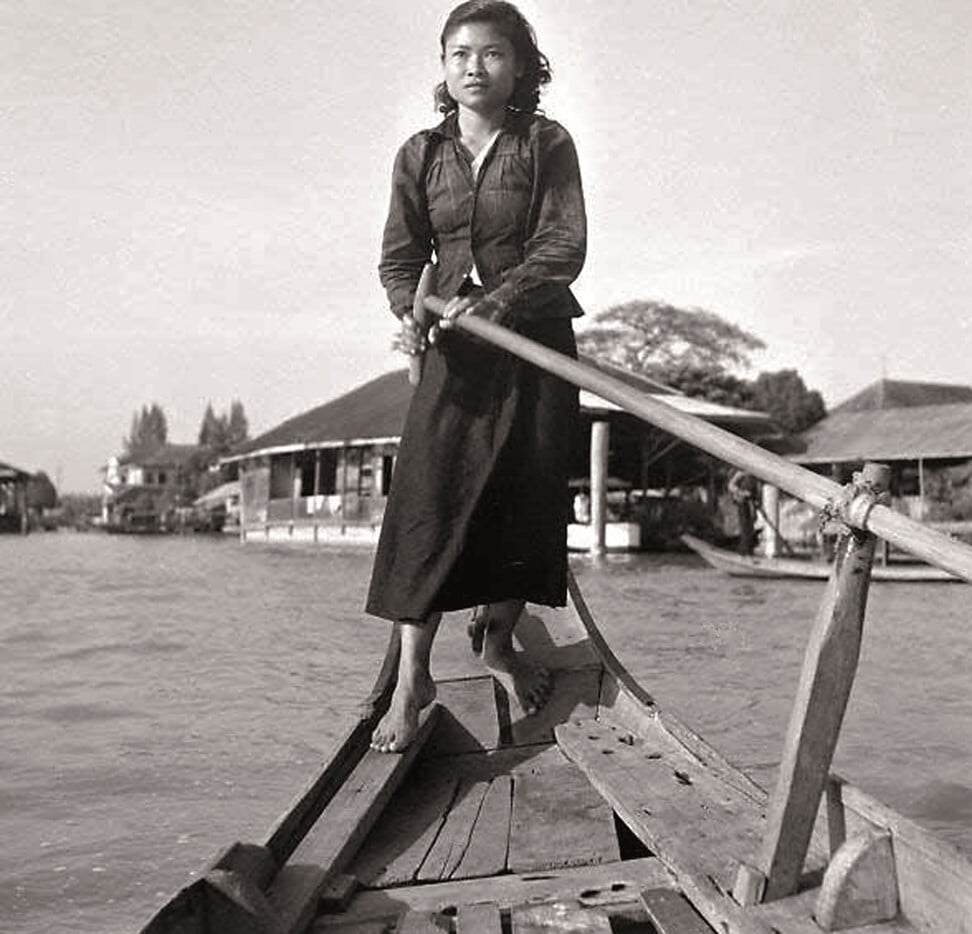
Besides being led by three generations of independent-minded women, (Supapan’s daughter, Natapre, is likely to make it four generations) the Supatra saga is unique for another reason.
“I think ours is an interesting story because, for one thing, we are Thai,” said Supapan. “Most businesses in Thailand are run by [ethnic] Chinese.”
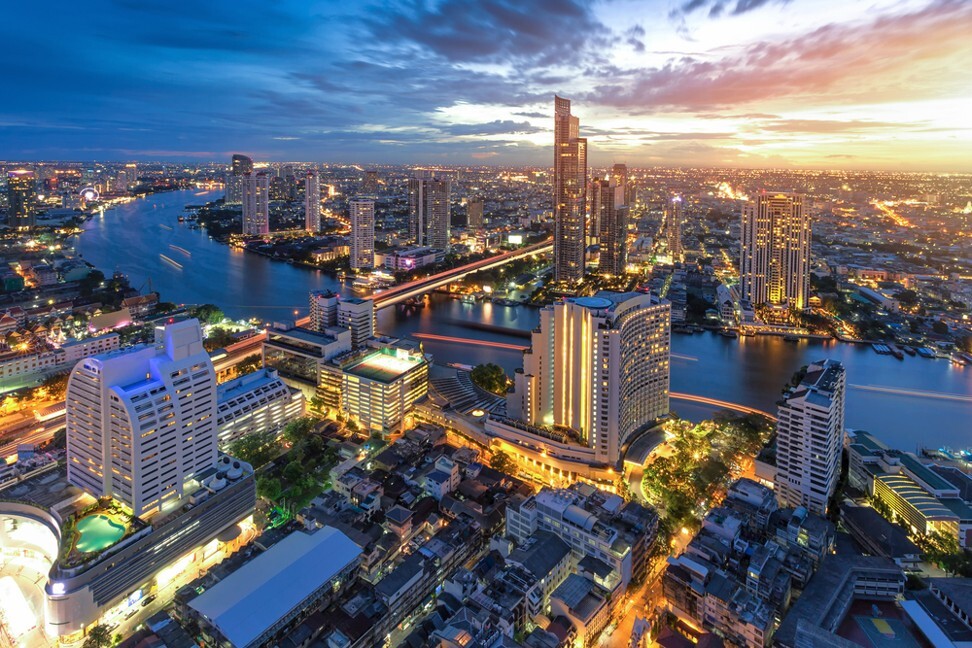
The Singholaka clan traces its roots back to a Sri Lankan monk named Senyu, who was invited to what was then Siam by King Mongkut (Rama IV) to help restore original Buddhist scriptures and teachings.
Senyu decided to stay on in Siam, left the monkhood and worked in the royal court, eventually earning the title of Luang Singhola Sakhorn that, in later generations, became the surname Singholaka.
Did you know that among the world's top five health care markets, China is the only one growing at double digits? Get a comprehensive industry review and insights on Covid-19 induced market shifts with the China Healthcare Report, brought to you by SCMP Research. for our 50% early bird discount now. You will also receive access to 6 closed-door webinars led by China healthcare’s most influential C-suite executives. Offer Valid until August 10th 2020.
From our archive
